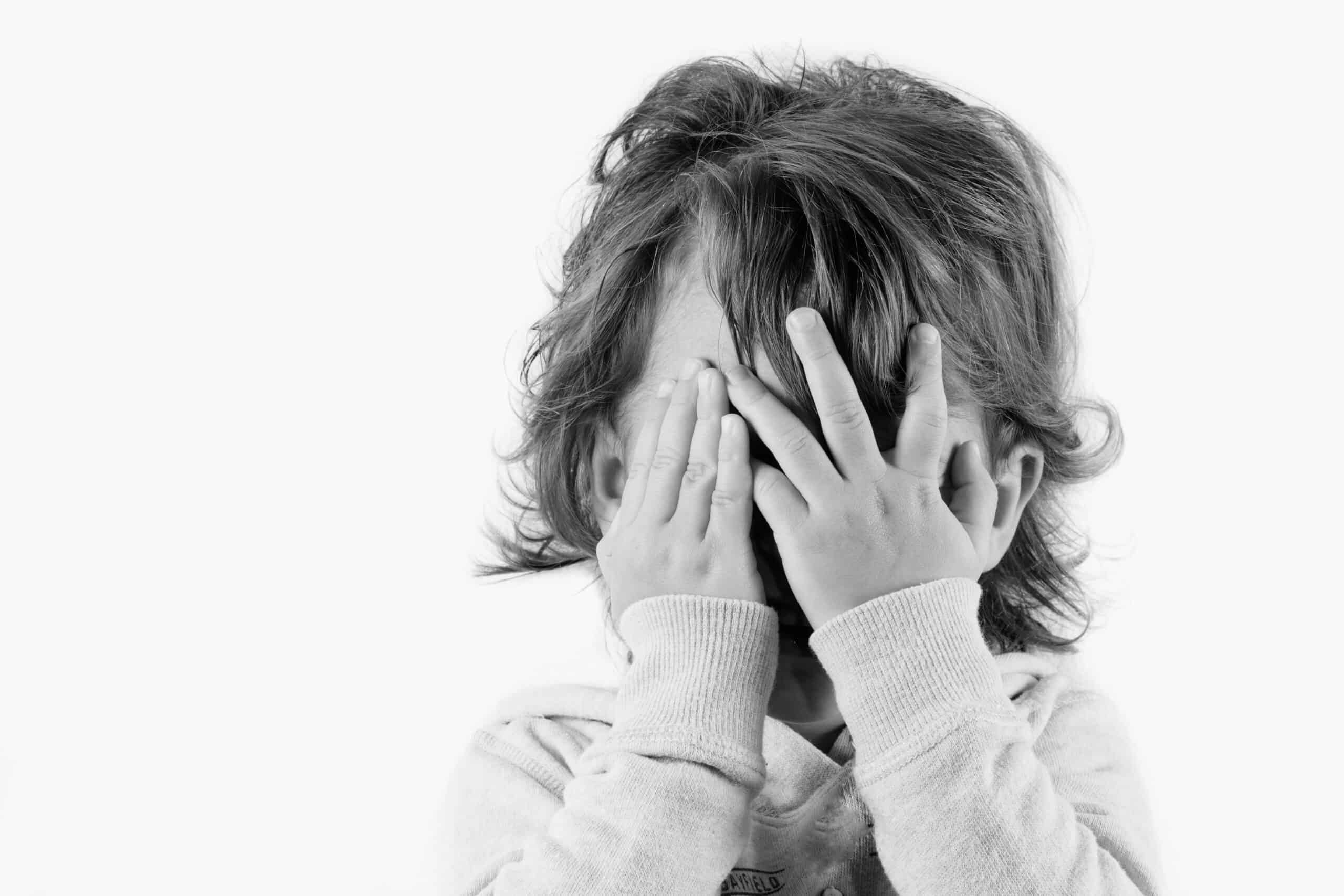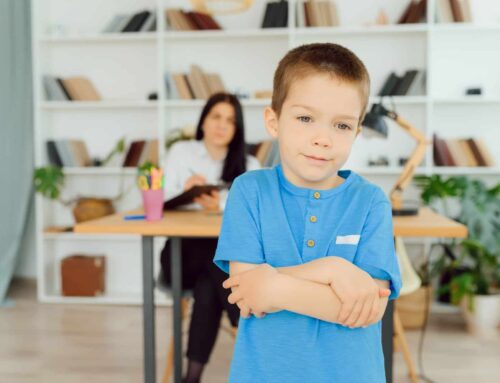
UNESCO says that the COVID pandemic has affected over 1.5 million students in 188 countries worldwide. In a recent study by YoungMinds, 83% of students already identified as depressed said that their symptoms worsened because they could no longer access the help they typically received at school. Since COVID has created a scenario that no one has faced before the long term effects of social distancing are unknown.
The Role Schools Play in Student Mental Health
A significant portion of that help came through abandoned peer-support programs so that students could isolate. Additionally, students lost the routine of going to school, which served as an anchor in their lives.
In the United States, a Gallup Poll found that 15% of U.S. adults reported suffering more mental health issues because of distancing measures. When asked to describe their child’s mental health, 29% said it had worsened during the pandemic while others were concerned that their child’s mental health would decline if social isolation measures lasted much longer.
Those who received special help in dealing with anxiety also lost that help in most cases. Many students self-reported that their anxiety levels were at a 10 out of 10.
Students living in abusive homes were more likely to suffer additional abuse. Reports to authorities increased by 300% in many cases.
Unchartered Waters
Yet, researchers understand very little about the long-term effects of social distancing. In particular, researchers say that additional research needs to occur on the impact that family stresses, such as job and housing loss, have on young people when they do not have school to normalize their lives. Researchers warn that it is vital to monitor the effect of school closures and other social distancing measures on the well-being of students who typically cope well.
Parents who did not hold a college degree were more likely to feel that their children’s mental health had suffered. Of that group, 45% said their child’s mental health had suffered because they were not around their teachers and peers. These adults were also more likely to be impacted by job layoffs, which may have caused even more stress in these homes. Interaction with teachers is essential for building self-esteem and learning new coping techniques.
What Schools Can Do
While schools must cope with implementing social distancing and trying to catch up with the learning that did not happen successfully while remote learning was in place, it is vital that mental health challenges not be overlooked. There is very little guidance being given to them on how to help students cope with the long term effects of social distancing.
The Role Parents Play
Parents play a crucial role in helping students cope with the rapid changes that COVID has created. One of the most important things that they can do is take time to listen. If you find your child is spending more time by themselves, this can be a red flag. Try to create a way students can connect with their friends virtually as learning that others are experiencing the same emotions can help. Even visiting virtually can help alleviate social isolation.
Do not be ashamed to seek professional help. Everyone is in uncharted waters together, so let us support you are we work through this unprecedented time together.
Existing Patients and New Patients, Call us to schedule an appointment, get a prescription refill or just to ask a question:
New Patients ONLY - Want to contact us through a form? CLICK HERE to fill out our contact form.




